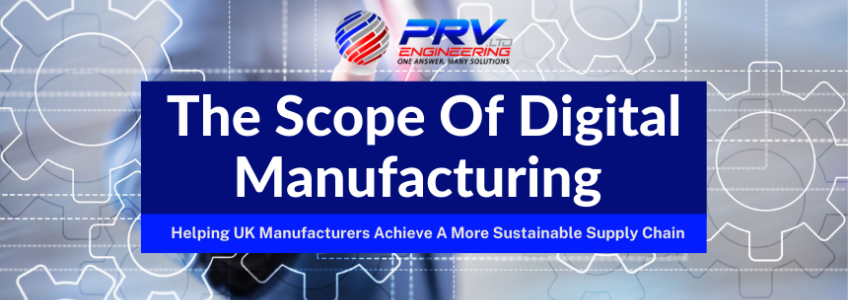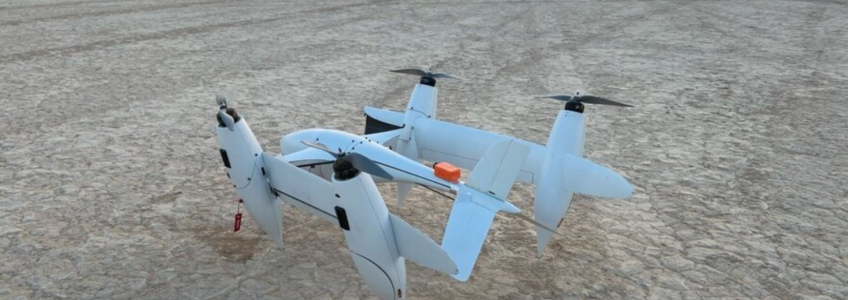Whatever your beliefs around global warming, CO2 emissions are real and have been linked to climate change. Carbon capture is part of the solution and while it’s not a new concept, researchers from the University of Delaware have developed a new method that can remove 99% of CO2 emissions from the air. Let’s take a closer look at what carbon capture is, how the process works and what the new method entails.
Unless you’ve been living under a rock, you’ve probably heard of 5G technology and how it could change our lives forever. 5G is the next-generation cellular data network and is slated to drastically improve wireless connections and data transfer rates. It will also be far more capable to power some of the most advanced technologies used in smart cities and autonomous vehicles among others.
Experts predict that 5G technology could have a huge impact on several sectors including manufacturing, defence and medical. In this article, we take a closer look at some of the most FAQs on 5G. Find out how it works, how fast the connection speed really is and whether 5G is safe.
Boring can be a frustrating and expensive process especially when you encounter rocks that can destroy your equipment. Powered by machine vision, a new tunnelling or drilling robot can micro tunnel through the toughest conditions faster and more reliably than conventional methods. According to the company, its next-gen drilling robot can bore through rock considered too challenging for other tunnelling machines.
The UK is set to benefit from a £53m investment by the government to build five new digital manufacturing research centres. The funding has been made possible through the national Made Smarter programme. This collaboration between the UK government and industry supports the development and use of emerging technologies. But what is digital manufacturing and how can companies use it to their advantage?
The world is advancing at a rapid pace and not only in engineering and manufacturing but also in education. Thanks to better and more widespread internet access and emerging technologies, the way children, youth and adults will learn in the future is changing. In this article, we look at education and how social, economic, and technological changes will revolutionise how we learn at school or university.
Solar power seems the most likely renewable energy solution when looking into the future. This conversion of energy turns sunlight into electricity, either directly through photovoltaics (PV), indirectly using concentrated solar power or a combination. But now, Caltech is taking this a step further by collecting solar power in space and sending it to Earth but before we get into Caltech’s Space Solar Power Project (SSPP), let’s take a quick look at what solar power is.
The idea behind a hyperloop network is not a new concept as many companies are working on the technology. This includes Virgin, Elon Musk, vacuum tube pioneers Leybold and engineering company AECOM. But now there’s another project on the cards with Hyperloop Italia and Zaha Hadid Architects.
Using hydrogen as a fuel poses many challenges due to its high flammability, diffusivity and very low density as a gas. Storing it is another issue along with the difficulty in processing it as some methods are not sustainable. However, all that could be a thing of the past with a new small 22-lb hydrogen engine that could effectively replace the internal combustion engine.
What Would Augmented Soldiers Look Like In The Future?
Since the dawn of man, humans have been waging war against each other for various reasons. As technology advances, so do the tactics and strategies employed by those on and off the battlefield. Looking ahead, the future of warfare could take on a whole new persona as augmented soldiers with advanced cybernetics could very well be on the frontlines.











Recent Comments